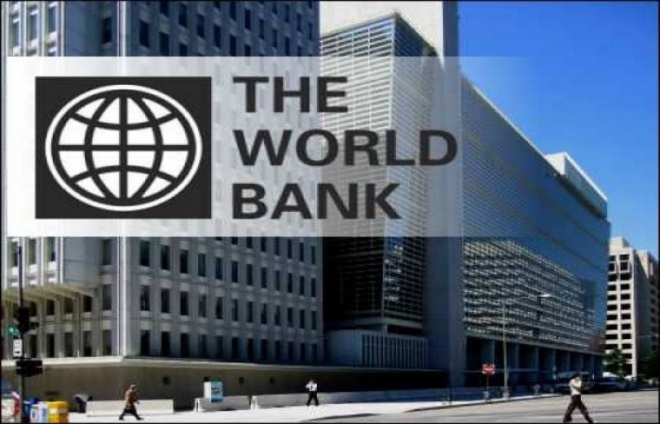The International Development Association (IDA) of the World Bank has made a guarantee payment of $372 million on behalf of the Government of Ghana for the 2030 Eurobond.
This is coming after the country defaulted on its coupon payment on April 14, 2023, due to the debt moratorium announced on December 19, 2022.
The payment was done on April 20, 2023.
In 2015, Ghana was facing difficult market conditions. It had large financing needs, high debt levels that were maturing soon, and no access to international financial markets.
The Ministry of Finance sought help from the World Bank to meet these goals, and requested a policy-based guarantee in combination with a credit from the International Development Association (IDA – The World Bank’s fund for the poorest countries), to be able to mobilise the volume of financing needed to settle upcoming debt repayments.
A policy-based guarantee, which is an instrument that allows a country to raise money by mitigating the risk for bond investors or commercial lenders in case of potential debt service payment defaults, was secured.
In this case, Ghana issued a $1 billion Eurobond series due in 2030. The 2030 Eurobond was backed by IDA's guarantee covering up to $400 million in both principal and interest.
Since then, the government has bought back and canceled $70 million of the 2030 Eurobond, reducing the amount of the guarantee to $372 million.
Ghana applied the proceeds of the 2030 Eurobond issuance to refinance existing debt that had an interest rate of 25% to a lower rate of 10.75%. In addition, the maturity of the existing debt – which was between 90 days and two years – was increased to 15 years on average.
On December 19, 2022, faced with major economic, financial, and social pressures, the Ministry of Finance declared a moratorium on debt service payments under certain categories of its external debt, such as Eurobonds. Soon after, it restructured the bulk of its domestic debt and requested debt treatment under the G20 Common Framework.
Latest Stories
-
Plan International Ghana launches She Leads Social Movement to sustain girls’ rights advocacy
3 minutes -
Gov’t pledges action to empower girls, young women at She Leads Social Movement launch
10 minutes -
Environmentalists push for waste-to-wealth innovations on World Environment Day
29 minutes -
GRNMA strike: Sick pockets can’t take care of sick patients – Ashanti GRNMA
35 minutes -
Traders appeal for designated spaces after Accra decongestion
51 minutes -
F1’s return to Africa: will legacy, ambition, or diplomacy win the race?
55 minutes -
Thomas Partey headlines fourth edition of All Star Festival
59 minutes -
World Environment Day: GJESHA urges media, gov’t to step up fight against plastic pollution
1 hour -
Yamal scores twice as Spain beat France in nine-goal thriller to make Nations League final
1 hour -
Nestlé Supplier Day 2025: Fostering collaboration for sustainable growth
2 hours -
Don’t risk progress with new reforms – IERPP cautions BoG
2 hours -
Planting for the Future: Forest clubs and tree planting drive to combat environmental damage
2 hours -
Over-concentration of resources in urban centres stifling national economic progress – Nii Moi Thompson
3 hours -
It’s time gov’t heeds our call – GRNMA urges swift action amid worsening health crisis
3 hours -
Atwima Nwabiagya South MCE takes steps to reclaim degraded lands through tree planting
3 hours

